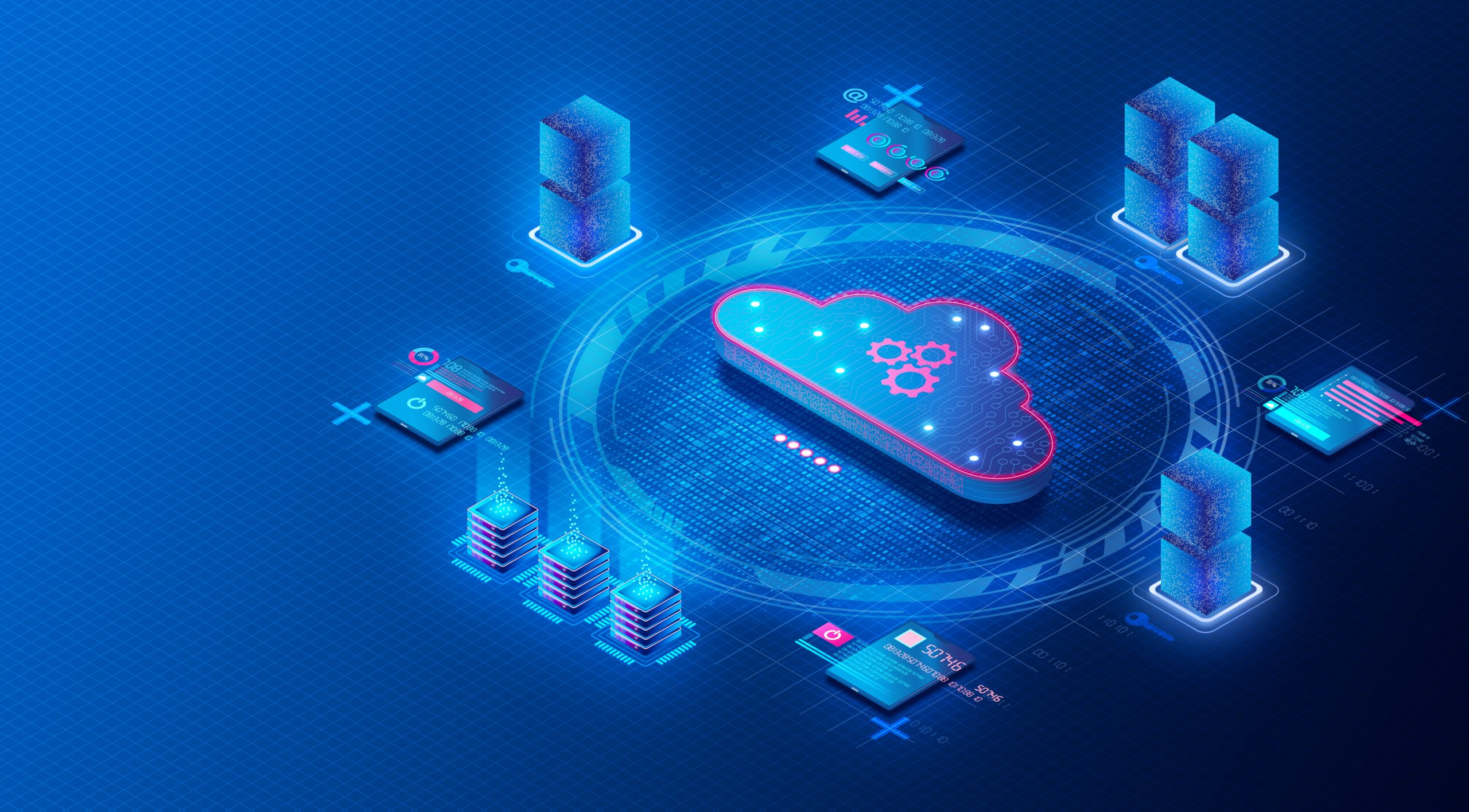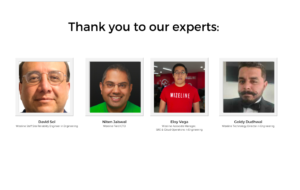With the ever-increasing pace of advancements in cloud computing, DevOps transformation, and digitalization, it’s hard to stay on top of the latest trends. To help you succeed in 2023 and beyond, we’ve asked a few leading technology experts from Wizeline to share their visions for the future of cloud computing and DevOps.
This collection of 2023 cloud and DevOps trends and predictions will help kick your imagination into high gear and give you fuel to supercharge your technology roadmap. Dive in!
Serverless Computing
Cloud-native applications take advantage of new APIs, technologies, and infrastructure that enable them to be deployed quickly and efficiently. Serverless architectures are part of that trend. The serverless architecture market size exceeded $7B in 2020 and is projected to grow at a CAGR of over 20% from 2021 to 2027.






